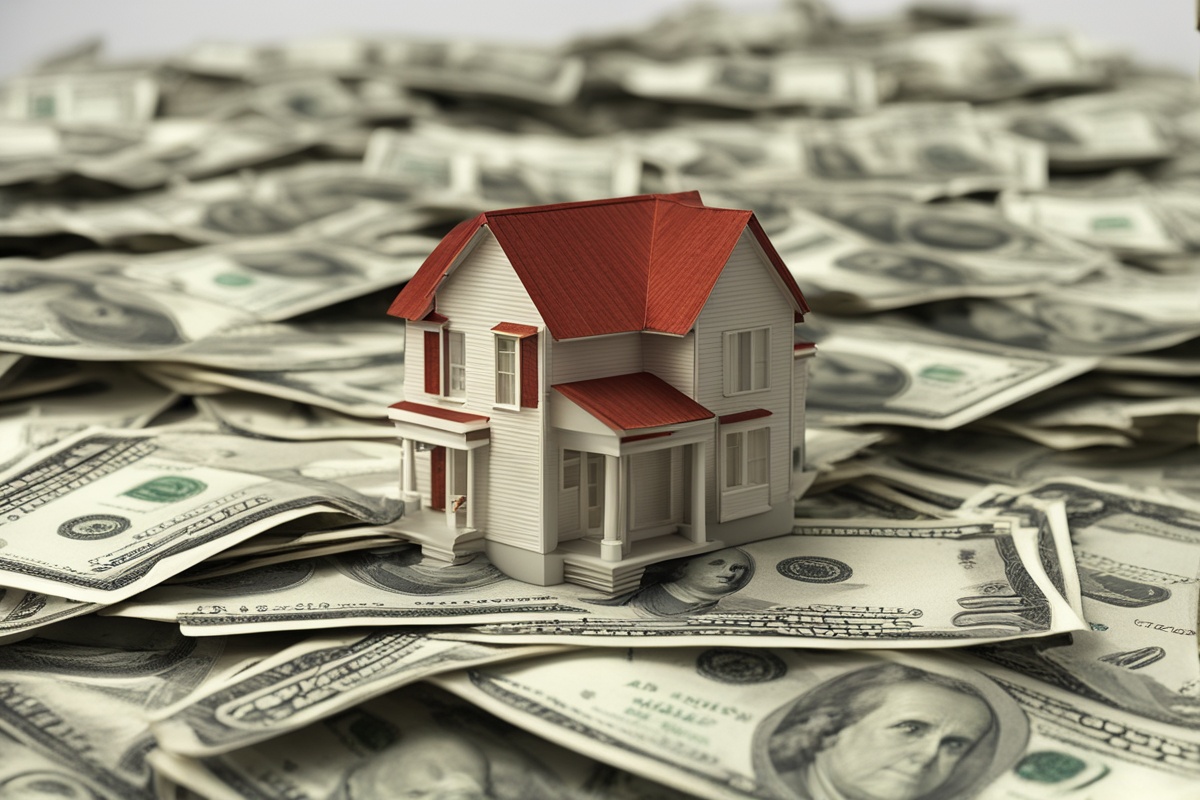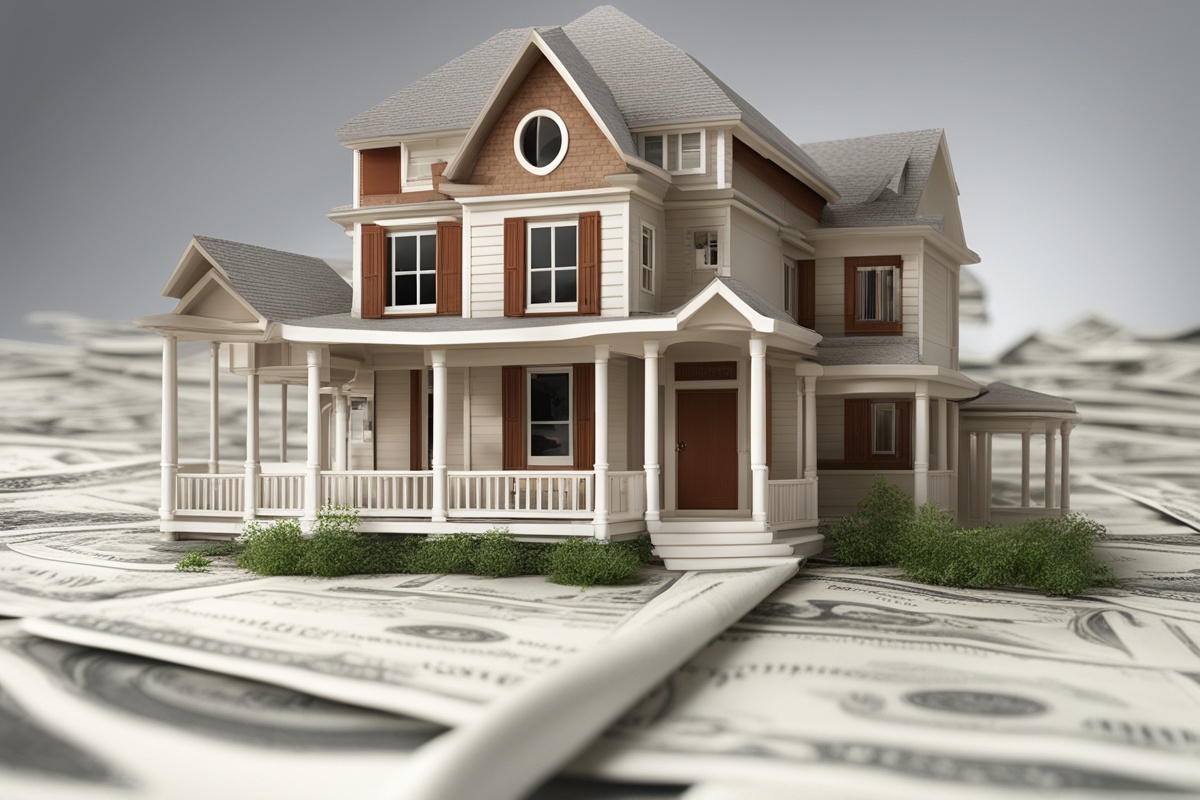Investing in distressed properties can be a lucrative opportunity for those who know how to navigate the unique challenges and risks involved. These properties, often sold at a discount due to financial or physical distress, offer significant potential for high returns if approached with the right strategies. In this comprehensive guide, we’ll explore proven tactics for distressed properties, helping you turn undervalued assets into profitable investments. Whether you’re a seasoned investor or just starting out, these actionable tips will equip you with the knowledge to succeed in this niche market.
Understanding Distressed Properties and Their Potential
Distressed properties are real estate assets that are under financial or physical stress, often due to foreclosure, owner bankruptcy, or significant disrepair. These properties are typically priced below market value, making them attractive to investors looking for bargains. However, the potential for profit comes with risks, including hidden repair costs, legal complications, and market uncertainties. To succeed, investors must understand the nuances of distressed properties and develop a strategic approach to acquisition and management. By focusing on proven tactics for distressed properties, you can mitigate risks and maximize returns.
Researching and Identifying High-Potential Distressed Properties
The first step in capitalizing on distressed properties is finding the right opportunities. Thorough research is critical to uncovering properties with the most potential. Start by exploring foreclosure listings, auction sites, and local government records for properties in distress. Websites like Foreclosure Investing Guide on our platform offer valuable insights into navigating these resources. Additionally, network with local real estate agents, wholesalers, and other investors who may have leads on off-market distressed properties. Focus on neighborhoods with growth potential, as location plays a significant role in the long-term value of your investment. Use data-driven tools to analyze market trends and ensure you’re targeting properties with a high likelihood of appreciation after rehabilitation.
Financing Your Distressed Property Investment
Securing financing for distressed properties can be challenging, as traditional lenders often shy away from high-risk investments. However, several proven tactics for distressed properties involve creative financing solutions. Hard money loans, for instance, are a popular option for investors, offering quick access to funds with less stringent credit requirements. Private lenders and crowdfunding platforms are also viable alternatives. Additionally, consider partnering with other investors to pool resources and share risks. For more detailed advice on funding options, check out our post on Creative Real Estate Financing. Always ensure you have a clear exit strategy—whether it’s flipping the property or renting it out—to justify the financing costs and achieve profitability.
Conducting Thorough Due Diligence Before Purchase
One of the most critical proven tactics for distressed properties is conducting meticulous due diligence. Many distressed properties come with hidden issues, such as liens, title disputes, or structural damage, that can erode your profit margins if overlooked. Hire a qualified home inspector to assess the property’s condition and estimate repair costs. Research the property’s history through public records to uncover any legal or financial encumbrances. It’s also wise to consult with a real estate attorney to navigate potential complications. By performing comprehensive due diligence, you can avoid costly surprises and make informed decisions. For tips on evaluating property conditions, refer to our guide on Real Estate Due Diligence Checklist.
Rehabilitating and Adding Value to Distressed Properties
Once you’ve acquired a distressed property, the next step is to rehabilitate it to increase its market value. Focus on cost-effective renovations that deliver the highest return on investment (ROI). For example, updating kitchens and bathrooms, addressing structural issues, and improving curb appeal can significantly boost a property’s appeal to buyers or renters. Avoid over-improving, as this can lead to diminishing returns in certain markets. Work with trusted contractors and set a strict budget to keep costs under control. If you’re new to property rehabilitation, our article on Maximizing ROI on Property Flips provides actionable strategies to guide your efforts. By strategically adding value, you can transform a distressed asset into a profitable investment.
Deciding Between Flipping or Renting for Profit
After rehabilitating a distressed property, you’ll need to decide whether to flip it for a quick profit or hold it as a rental for long-term cash flow. Flipping is ideal in hot markets where demand is high, allowing you to sell at a premium after renovations. However, it requires precise timing and an understanding of market cycles to avoid losses. Renting, on the other hand, provides steady income and potential for appreciation over time, though it comes with ongoing maintenance and tenant management responsibilities. Evaluate your financial goals, risk tolerance, and local market conditions before making a decision. For a deeper dive into this choice, explore our comparison of Flipping vs. Renting Real Estate. Both options can be profitable when aligned with proven tactics for distressed properties.
Disclaimer: The information provided in this article is for general informational purposes only and should not be considered as financial, legal, or investment advice. Investing in distressed properties carries significant risks, and outcomes may vary based on individual circumstances and market conditions. Always consult with a qualified financial advisor, real estate professional, or legal expert before making investment decisions. We are not responsible for any losses or damages resulting from the use of the information contained herein.
References
- Forbes – How to Invest in Distressed Properties
- Investopedia – Distressed Property Investment
- Realtor.com – Buying a Distressed Property
- Entrepreneur – The Pros and Cons of Investing in Distressed Properties
- BiggerPockets – Investing in Distressed Properties
This content is for informational purposes only and not a substitute for professional advice.





